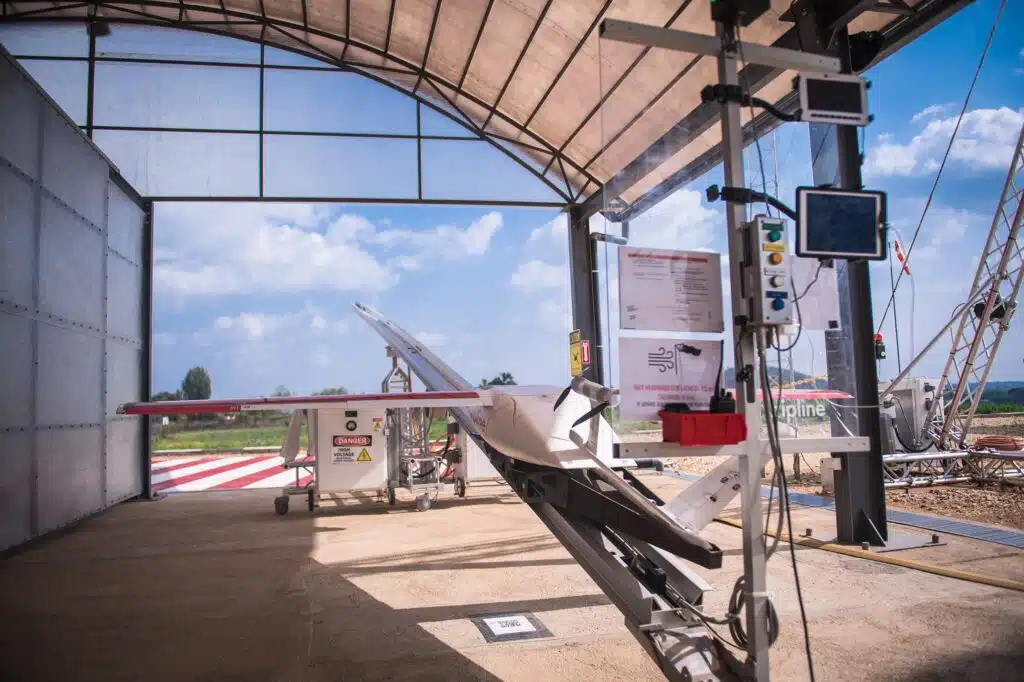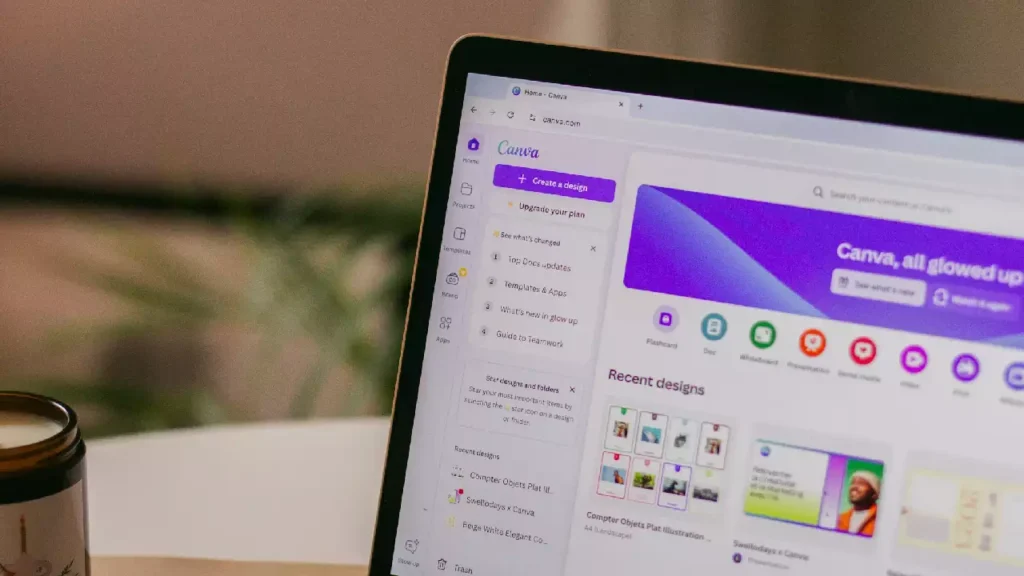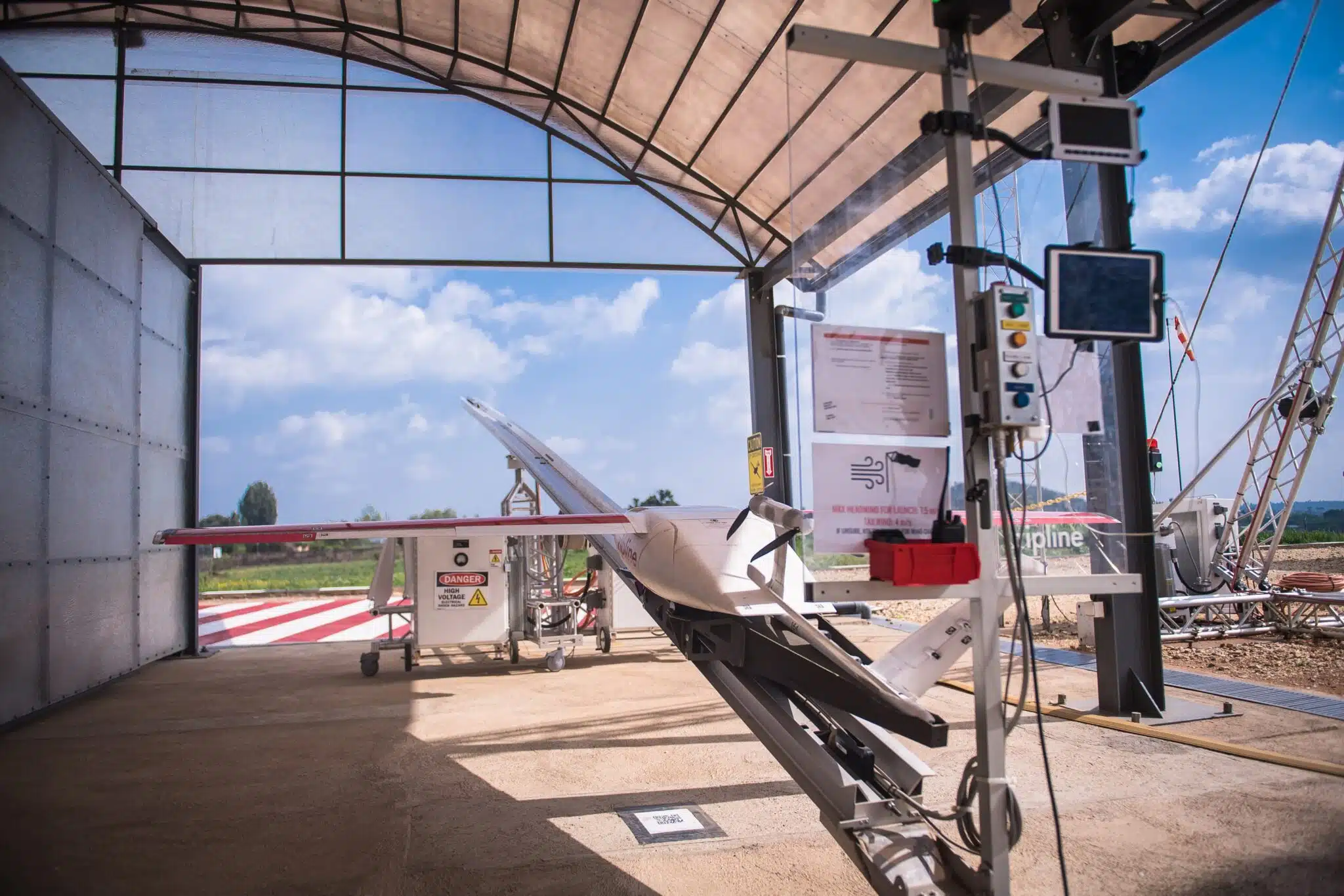Konnichwa,
Victoria from Techpoint here,
Here’s what I’ve got for you today:
- The US backs Zipline with $150M
- Kenya plans a dedicated unit to regulate eCommerce
- Canva plants its flag in Africa, with new Joburg office in SA
The US backs Zipline with $150M to expand drone deliveries in Africa

Zipline just landed one of its biggest endorsements yet — a new agreement with the US Department of State that will massively scale its drone-powered medical delivery network across Africa. If everything goes to plan, Zipline could expand from serving 5,000 hospitals to 15,000 and reach up to 130 million people with instant access to blood, vaccines, and medicines. In return, the State Department is offering up to $150 million under a pay-for-performance arrangement, while African governments are expected to put up to $400 million to actually use the service.
Why does this matter? Because healthcare logistics remains one of the biggest pain points across the continent, including delays, stockouts, and slow deliveries, which cost lives. Zipline says its autonomous delivery system has completed 1.8 million deliveries with zero safety incidents since 2016, cutting maternal deaths by up to 56% in supported facilities and reducing medicine stockouts by 60%.
This deal also marks a shift in how US foreign assistance is being structured. Instead of traditional grants, the State Department is backing a model that rewards outcomes and leans on private-sector innovation. US officials call it a win-win, showcasing American robotics and AI while supporting African governments that have already been paying for Zipline’s services for years. Rwanda is expected to be the first to sign under the new model, with Nigeria and others already in discussions.
Still, the partnership isn’t without questions. Relying heavily on a US company for essential health logistics raises concerns about long-term affordability, vendor lock-in, and what happens if political priorities shift. However, Zipline’s hubs are fully staffed by local workers, and the company argues that African governments choosing to invest their own funds is proof that the model is sustainable and cost-effective.
Either way, the deal signals how seriously African countries, and now the US, are taking autonomous logistics. What started in 2016 as a quirky drone experiment is now shaping up to be a cornerstone of future health infrastructure on the continent. And if Zipline hits these new targets, it could cement itself as one of the most impactful health-tech interventions of the decade.
Kenya plans a dedicated unit to regulate eCommerce

Kenya is planning to set up a dedicated eCommerce regulation unit, part of a new regional push to get its digital trade act together. The move is anchored in a proposed “Model E-Commerce Policy” for eastern and southern Africa, which recommends every country create a national unit to oversee online marketplaces, consumer protections, and digital trade rules.

Victoria Fakiya – Senior Writer
Techpoint Digest
Stop struggling to find your tech career path
Discover in-demand tech skills and build a standout portfolio in this FREE 5-day email course
Why this matters: right now, Kenya’s eCommerce space is regulated by a piecemeal system: communications regulators, consumer-protection agencies, and data-protection offices all have a piece of it. That fragmentation weakens enforcement and creates uncertainty. By centralising oversight, Kenya could make things smoother for consumers and digital sellers.
This effort comes as Kenya is still finalising its draft National E-Commerce Policy, which includes a plan for a full-time office under the Trade Ministry to drive implementation and coordinate with other agencies. On top of that, the government is also considering a mandatory digital ID for online sellers, to beef up trust, reduce fraud, and ensure accountability in the market.
But here’s the catch: not everyone’s thrilled. There are concerns that over-regulation could stifle innovation, especially for small online sellers. On the flip side, Kenya’s Anti-Counterfeit Authority is also stepping up its game. Last year, it trained its team to crack down on counterfeits entering eCommerce platforms.
Still, if this proposal goes through, it could be a big deal not just for Kenya but for the wider region. A dedicated e-commerce unit could mean clearer rules, better protection, more trust, and maybe even boost cross-border digital trade.
Canva plants its flag in Africa, with new Joburg office in SA

Canva is doubling down on Africa. The Australia-headquartered design giant has officially opened a regional office in Johannesburg, South Africa, planting itself right in Rosebank as it expands its Africa play. The new hub will house its nine-person South African team, its biggest physical investment on the continent yet, and signals that the company is no longer treating Africa as a “nice-to-have” market.
This matters because Canva isn’t just coming in to sell software; it’s positioning itself inside the continent’s education ecosystem, small business economy and creator space. With South Africans alone churning out over 77 million designs in the past year, the demand is clear, and Canva clearly wants to be the platform powering that creative energy.
For South Africa, this move means easier access to tools, more localised features (including nearly 20 African languages like Zulu and Afrikaans), and pricing that actually makes sense in rand. Canva has also rolled out local currency pricing in Nigeria, Ghana and Kenya, removing one of the biggest friction points for creatives and small businesses.
Across the continent, the real game changer may be education. Canva for Education, which is free for students and teachers, is now being deployed through partnerships with African universities. It means thousands of young creators, designers, and entrepreneurs could graduate already fluent in modern design tools, levelling the playing field in a global digital economy.
And in a spicy twist, Canva’s Affinity acquisition is shaking the table. Not only has Affinity been made completely free, but the company is also considering porting it to Linux after customer requests, a direct jab at Adobe’s long-standing dominance. With Canva now serving over 260 million monthly users and pulling in $3.5 billion in yearly revenue, Africa is shaping up to be its next big growth chapter.
In case you missed it
- This Nigerian founder is redefining online learning experience for secondary school students with SabiScholar
What I’m watching
- The moment Jimmy Fallon changed how I see confidence forever
- Are we teaching against the brain? | Julia Volkman | TEDxApex
Opportunities
- FairMoney is hiring a Golang Backend Engineer. Apply here.
- M-KOPA is recruiting a Director of Product Design. Apply here.
- Standard Bank Group logo is hiring a Team Lead, Northwest 1 & 2. Apply here.
- We’re hosting a debate on AI in daily life. Join us to share your insights and perspectives.
- Techpoint Africa is creating a video series where people discuss and debate policies and current events. If you enjoy thoughtful conversations, fill out this form. Apply here.
- Are you building a startup can feel isolating, but with Equity Merchants CommunityConnect? You can network with fellow founders, experts, and investors, gaining valuable insights and exclusive resources to help you grow your business. Click here to join.
- Help us make Techpoint better for you! Your feedback shapes what comes next (your responses may potentially save my job. A bit dramatic, but still). It will only take 30 seconds to tell us what works and what doesn’t. Fill it here.
- To pitch your startup or product to a live audience, check out this link.
- Have any fresh products you’d like us to start selling? Check out this link here.
- Follow Techpoint Africa’s WhatsApp channel to stay on top of the latest trends and news in the African tech space here.
Have a wonderful Wednesday!
Victoria Fakiya for Techpoint Africa










